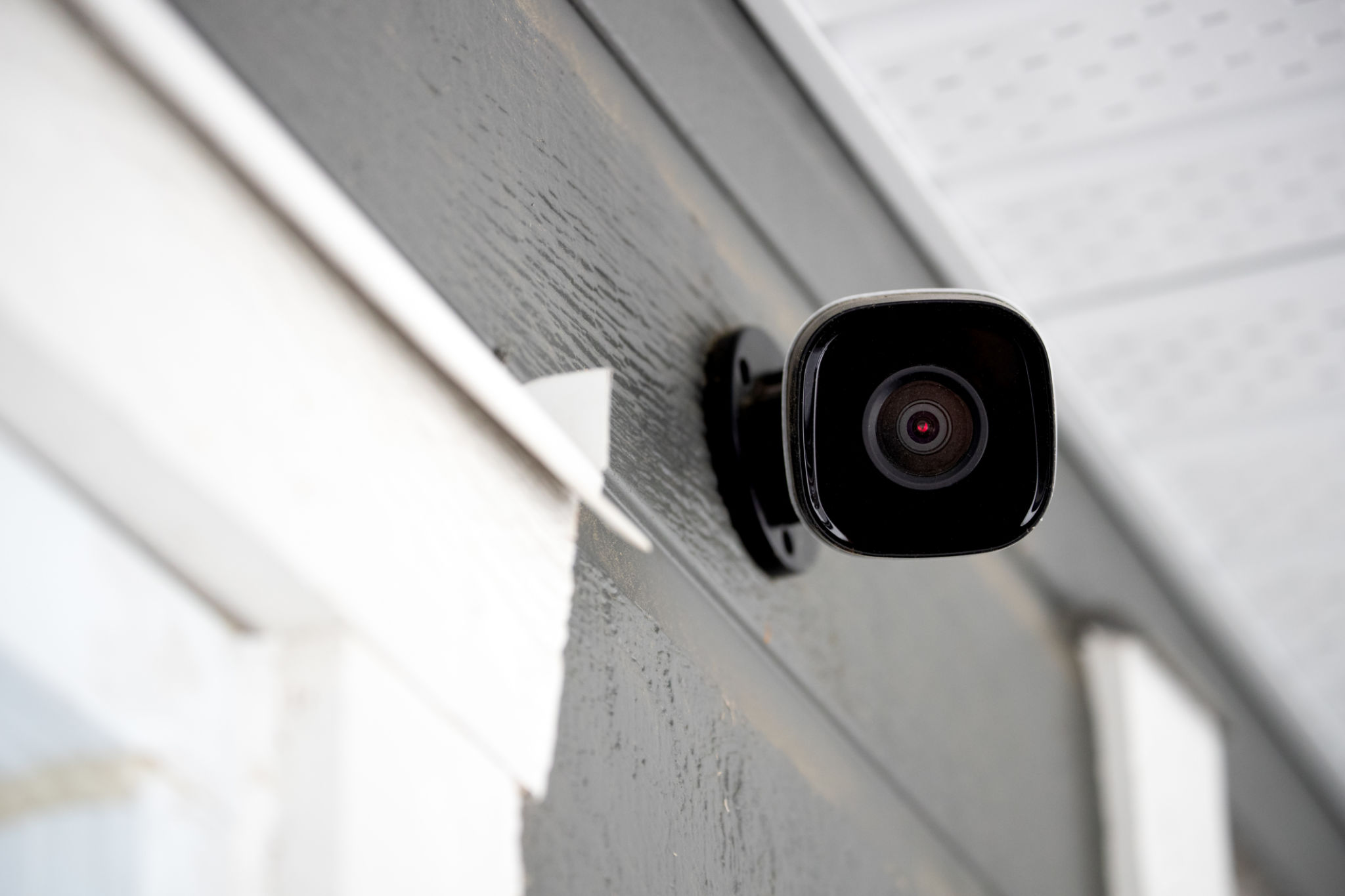Essential FAQs for Airbnb Hosts in Makkah Province
Understanding Legal Requirements
As an Airbnb host in Makkah Province, it is crucial to familiarize yourself with the local laws and regulations. The Saudi government has specific requirements for short-term rentals, and ensuring compliance can save you from potential legal issues. Hosts must register their properties and obtain necessary permits from the appropriate municipal authorities. Non-compliance can lead to fines or even the closure of your listing.
Additionally, it's important to understand the zoning laws in your area. Certain neighborhoods may have restrictions on short-term rentals. Checking with local authorities will help you determine if your property is eligible for such use. Staying informed and adhering to these regulations will ensure a smooth hosting experience.

Creating a Welcoming Space
First impressions are crucial for guests arriving in Makkah Province. Ensuring your space is clean, comfortable, and inviting can significantly enhance the guest experience. Consider adding personal touches like fresh flowers, local snacks, or a welcome note to make guests feel at home.
Investing in high-quality linens and toiletries can also make a big difference. Remember, many travelers come to Makkah for religious purposes, so providing a quiet and respectful environment is essential. Consider offering prayer mats and other amenities that cater to their needs.

Setting Competitive Pricing
Pricing your Airbnb listing competitively is key to attracting guests while maximizing your earnings. Research similar properties in your area to understand the average rates. Keep in mind that pricing may fluctuate based on demand, especially during religious events or peak tourist seasons.
Offering discounts for longer stays or last-minute bookings can be an effective strategy to increase occupancy rates. Regularly reviewing and adjusting your pricing strategy helps ensure your property remains appealing to potential guests year-round.

Effective Communication with Guests
Maintaining open and efficient communication with guests is vital for a successful hosting experience. Responding promptly to inquiries and providing clear instructions on check-in processes can set a positive tone for their stay. Utilize Airbnb's messaging tools to keep conversations organized and professional.
Anticipating common questions about local attractions, transportation options, or cultural practices can also enhance guest satisfaction. Providing a detailed guidebook or a digital welcome packet with this information can be incredibly helpful for first-time visitors.
Managing Reviews and Feedback
Guest reviews are an integral part of building a strong reputation on Airbnb. Encourage satisfied guests to leave positive feedback by offering exceptional service throughout their stay. Responding to reviews—both positive and negative—demonstrates your commitment to guest satisfaction.
Use constructive criticism as an opportunity to improve your hosting practices. Address any issues raised by guests promptly and professionally, ensuring future guests have an even better experience.

Ensuring Safety and Security
The safety and security of both hosts and guests should always be a top priority. Install reliable locks on all doors and windows, and consider adding a security system or cameras for added peace of mind. Make sure smoke detectors and fire extinguishers are in place and functioning properly.
Providing clear emergency contact information and outlining safety procedures in your listing description will help reassure guests of their safety during their stay. Regularly inspecting your property for potential hazards can prevent accidents and enhance the overall guest experience.

